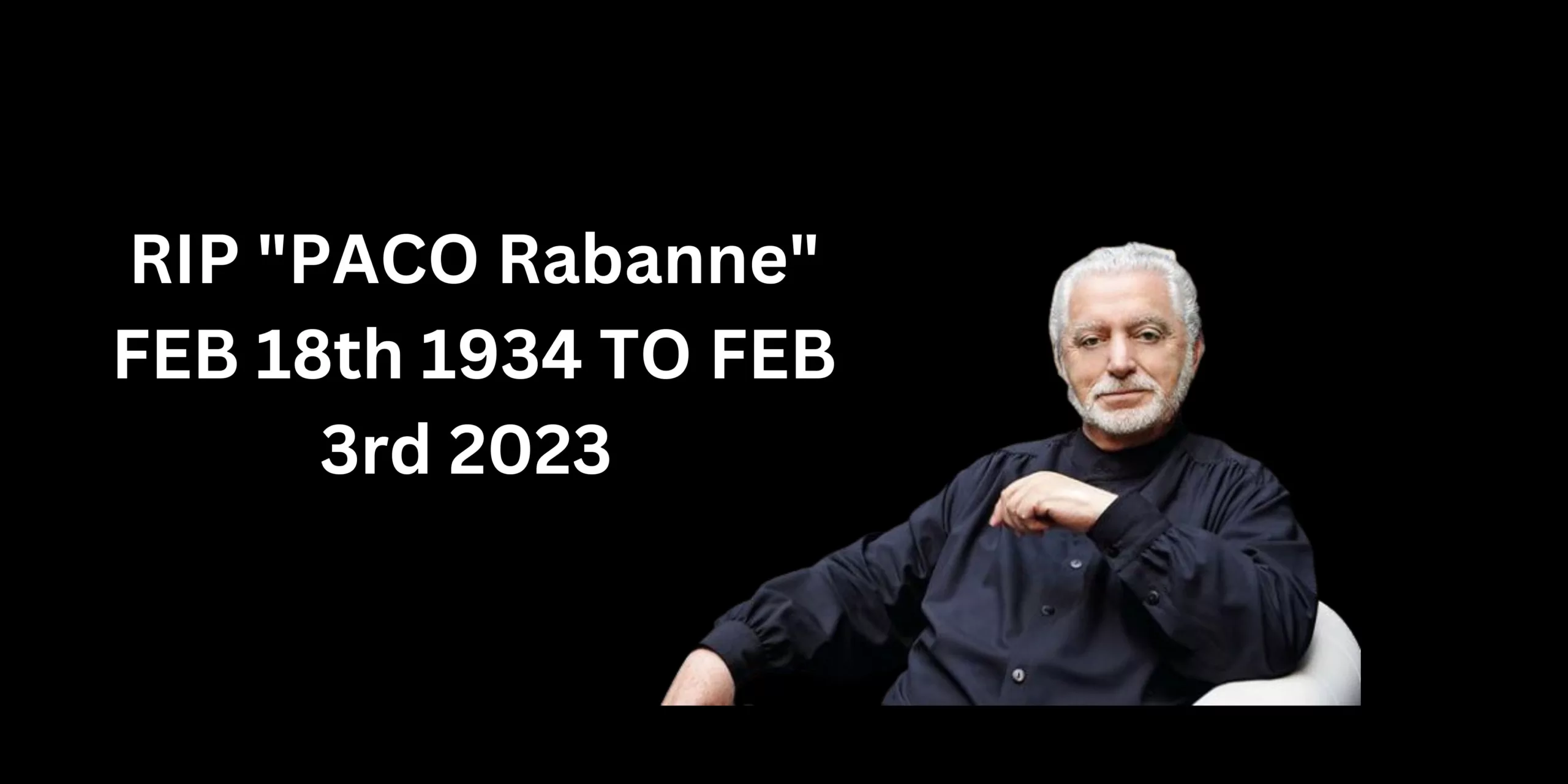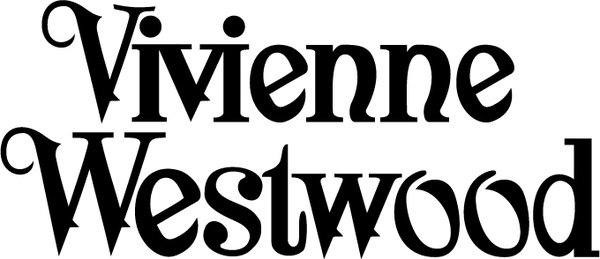
USA BANK CRISIS 2023
- Monetary Weakness and Expenses of Advances
- Expenses of supporting
- Regulatory Weight and Unbending Guidelines
- Dodd-Forthcoming Demonstration, short and direct
- An Inventive Interference: The Ascent of Fintech
- Network security issues
- Adjusting Client Forecasts | Changing Clients Tendencies
- Rivalry from Non-Bank Constituents
- Switched yield twist in
- Conclusion
The US has an extensive history of solid monetary underpinnings that have fundamentally impacted the development of the country’s cash. Regardless, concerns concerning the security and adequacy of US banks have been developing as of late. To reveal insight into the confounding scene of the monetary business, this article looks at the main considerations adding to the difficulties faced by US banks.
Monetary Weakness and Expenses of Advances
The steady haze of monetary delicacy is one of the significant difficulties US banks face. The financial sufficiency of banks may be affected by factors including cash rate pressures, overall discussions, and the specific thoughts of overall corporate regions. For banks, being monetarily weak makes it challenging to anticipate the future, circulate resources, genuinely disperse resources, and accurately survey the reliability of borrowers.
Expenses of supporting
A basic calculation for determining a bank’s advantage is credit expenses. While funding costs are low, banks battle to bring in cash from customary loaning exercises like house credits and individual advances. Public banks, particularly the National Bank, consistently diminish loaning expenses to invigorate spending and purchasing because of monetary slumps. While this might uphold a bigger economy, it might adversely affect banks’ overall gains.
Regulatory Weight and Unbending Guidelines
Because of the 2008 monetary emergency, controllers forced a whirlwind of severe standards and guidelines on the monetary business with the end goal of reinforcing it and safeguarding clients. Even though these principles were useful, they have successfully aggravated consistency.
Although these guidelines were useful, they eventually exacerbated banks’ inconsistencies. Banks ought to designate sizable assets to explore arduous and costly regulatory necessities.
Dodd-Forthcoming Demonstration, short and direct
Different changes were made by the Dodd-Clark Money Road Change and Buyer Security Act, which was passed during the financial crisis.
These enhancements included harder capital necessities, stress testing, and limitations on confined exchange. Albeit these endeavors were expected to safeguard the money-related framework, they likewise had the unseen side-effect of making it more difficult for banks to stay productive.
An Inventive Interference: The Ascent of Fintech
Fintech organizations’ development has overturned conventional monetary standards. Fintech organizations offer inventive, state-of-the-art arrangements that typically appeal to more youthful, knowledgeable customers.
This opposition has constrained conventional banks to put vigorously in development to keep up with their significance. While innovative advances can prompt effectiveness, they frequently include robust wagers, which burden banks’ first concerns.
Network security issues
Banks face developing organizations whose insurance takes a chance as they rely increasingly on development. Cyberattacks can bring about monetary misfortunes, reputational harm, and regulatory fines. Banks ought to distribute significant assets to organize security drives to safeguard both themselves and their clients, which will likewise be to their potential benefit.
Adjusting Client Forecasts | Changing Clients Tendencies
Suspicions about clients are arising quickly. The present clients need adaptability, responsiveness, and customized administration. To satisfy these hopes, banks ought to put resources into state-of-the-art monetary frameworks, convenient applications, and online platforms. The inability to adjust may uncover clients’ deficiencies.
Rivalry from Non-Bank Constituents
Monetary foundations that are not banks, for example, installment processors and programming organizations, have joined the area of cash management. These parts can provide monetary items and administration without the managerial weight that customary banks should manage. Little Advance Charge Impact on Net Interest Edges of Environment.
Steadily low loan rates have placed a strain on banks’ total compensation, especially as a consequence of the 2008 monetary emergency and the COVID-19 pestilence. At the point when prompt rates are near nothing or even bad, banks find it difficult to make money from the distinction between their getting and loaning rates.
Switched yield twist in
A yield bend that is transformed, where momentary getting rates are higher than long haul could flag an approaching monetary emergency. This affects banks’ productivity and increases worries about the general soundness of the economy, which could prompt a decrease in loaning.
Conclusion
With everything taken into account, US banks are managing a stunning exhibit of difficulties that are changing the monetary business. Monetary weakness, regulatory weights, mechanical disturbance, moving client assumptions, and a low credit charge climate are only a couple of the difficulties banks currently face in keeping up with efficiency and sufficiency. Banks ought to keep on adjusting to this quickly changing climate by putting resources into advancement, smoothing out cycles, and searching for novel techniques to address the issues of their clients. Even though it stays a pivotal standard, managerial consistency is fundamental for the security of the
Furthermore, a low credit charge climate has added to the troubles banks have keeping up with efficiency and sufficiency. Banks ought to keep on adjusting in this quickly changing climate by putting resources into advancement, smoothing out cycles, and searching for novel techniques to address the issues of their clients. Regulatory consistency is not yet a key model, but it is vital for the steadiness of the monetary framework.
As the monetary business grows, banks and controllers need to find some kind of harmony between pushing progress and saving the validity of the money-related framework. Simply by resolving these issues head-on, US banks can explore the violent oceans of the advanced financial framework.




























